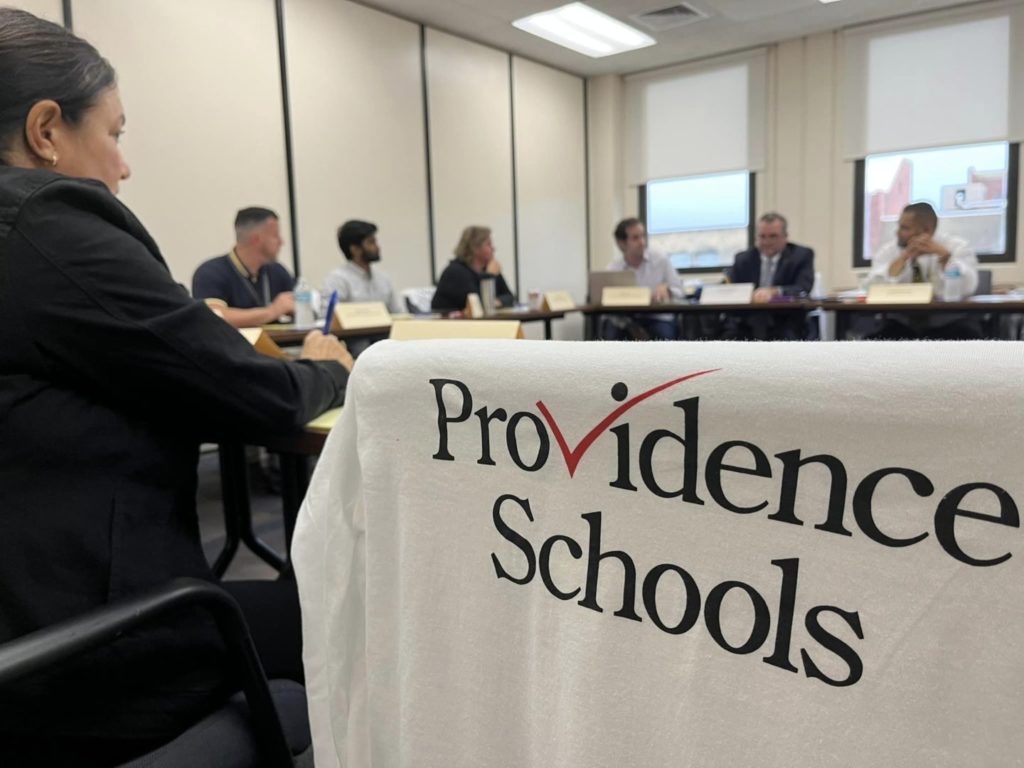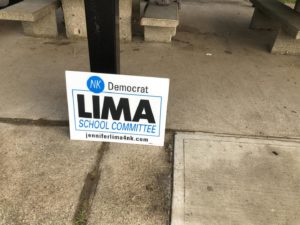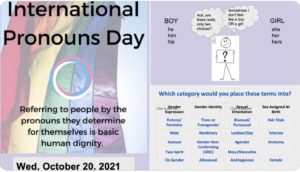Rhode Island public education system in “crisis,” says public policy group
Rhode Island public schools are in trouble according to a report citing drops in attendance and declining standardized test scores.
On Thursday, public policy research organization Rhode Island…

Rhode Island public schools are in trouble according to a report citing drops in attendance and declining standardized test scores.
On Thursday, public policy research organization Rhode Island Public Expenditure Council (RIPEC) released the 70-page report on the status of K-12 education in the state. It outlines how the state’s education system has changed over the past few decades and makes policy suggestions to help reverse the decline.
“Rhode Island’s K-12 system is in crisis,” the author’s write. “In 2019, student proficiency rates in Rhode Island were on par with the nation despite relatively high per pupil expenditures and lagged the New England region. Since the onset of the COVID-19 pandemic, student proficiency rates in Rhode Island have dropped sharply.”
The data reveal chronic absenteeism among students and teachers and shows a significant decline in student performance on standardized tests since the beginning of the pandemic.
Teacher absenteeism has been a longstanding issue in the Rhode Island education system, and it only grew worse during pandemic.
In 2015-2016, a study found the state had the third-highest rate of teachers missing more than ten days in the school year. In 2021, 5.9% of teachers were absent for at least 18 school days, similar to the previous year.
Students also have a record of chronic absenteeism, defined as an enrolled student missing 10% or more of the school year.
The average chronic absenteeism rate among students from 2012 to 2020 was 17.3%. But in 2021, the number rocketed to 27.6%. This means that roughly one-fourth of students in Rhode Island in 2021 missed 10% or more of the school year.
Standardized test scores also dipped during the pandemic.
On the 2020-2021 Rhode Island Comprehensive Assessment System, 1in 3 students in grades 3-8 demonstrated proficiency in English Language Arts (ELA), just 1 in 5 in math.
SAT scores also dropped: 48.3% of high school students scored proficient in ELA and 26.4% in math compared to 50.5% and 31.2%, respectively, in the 2018-2019 school year.
These declines deserve much more attention, according to RIPEC President and CEO Michael DiBiase.
“This is our number one societal problem,” DiBiase said. “It’s more important than housing and mental health. It’s not getting that much attention. We’re trying to move education to the top of the agenda. This is a system that has operated the same way for generations.”
What can the Rhode Island education system do? RIPEC suggests school funding reforms, governance reforms, training and hiring more teachers, and prioritizing innovation and choice.
For example, Justine Oliva, RIPEC’s manager of research, tells The Lion that the introduction of charter schools are “bright spots” in the state. She cited a 2021 report which found charter schools were “outperforming their sending districts, and, in some cases, outperforming the state total.”
Even so, Oliva is unwilling to accept the dismal state of the system as a whole.
“It is unacceptable. It’s completely unacceptable,” Oliva said.
“We have a lot riding on it [the education system]. We have the important economic future of our state riding on it. We have the very foundation of our state riding on it. We have kids and their families riding on it.”



